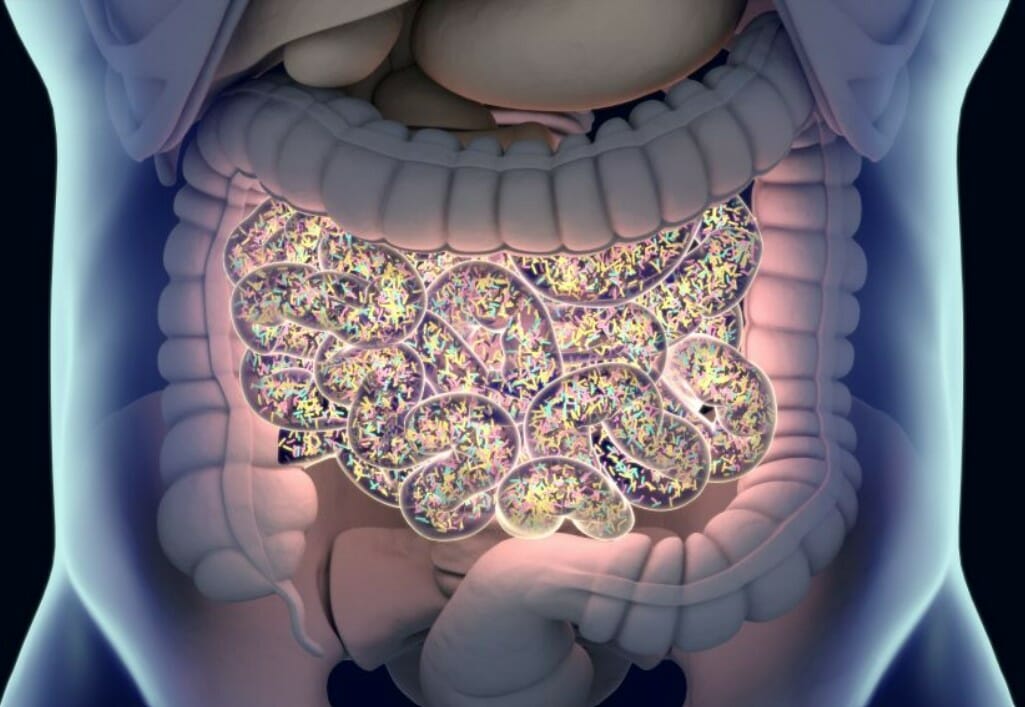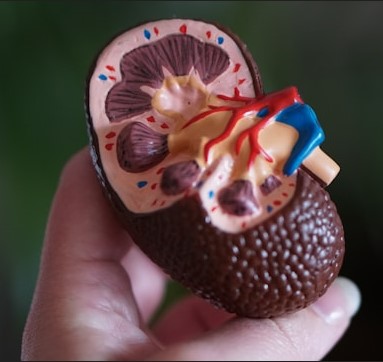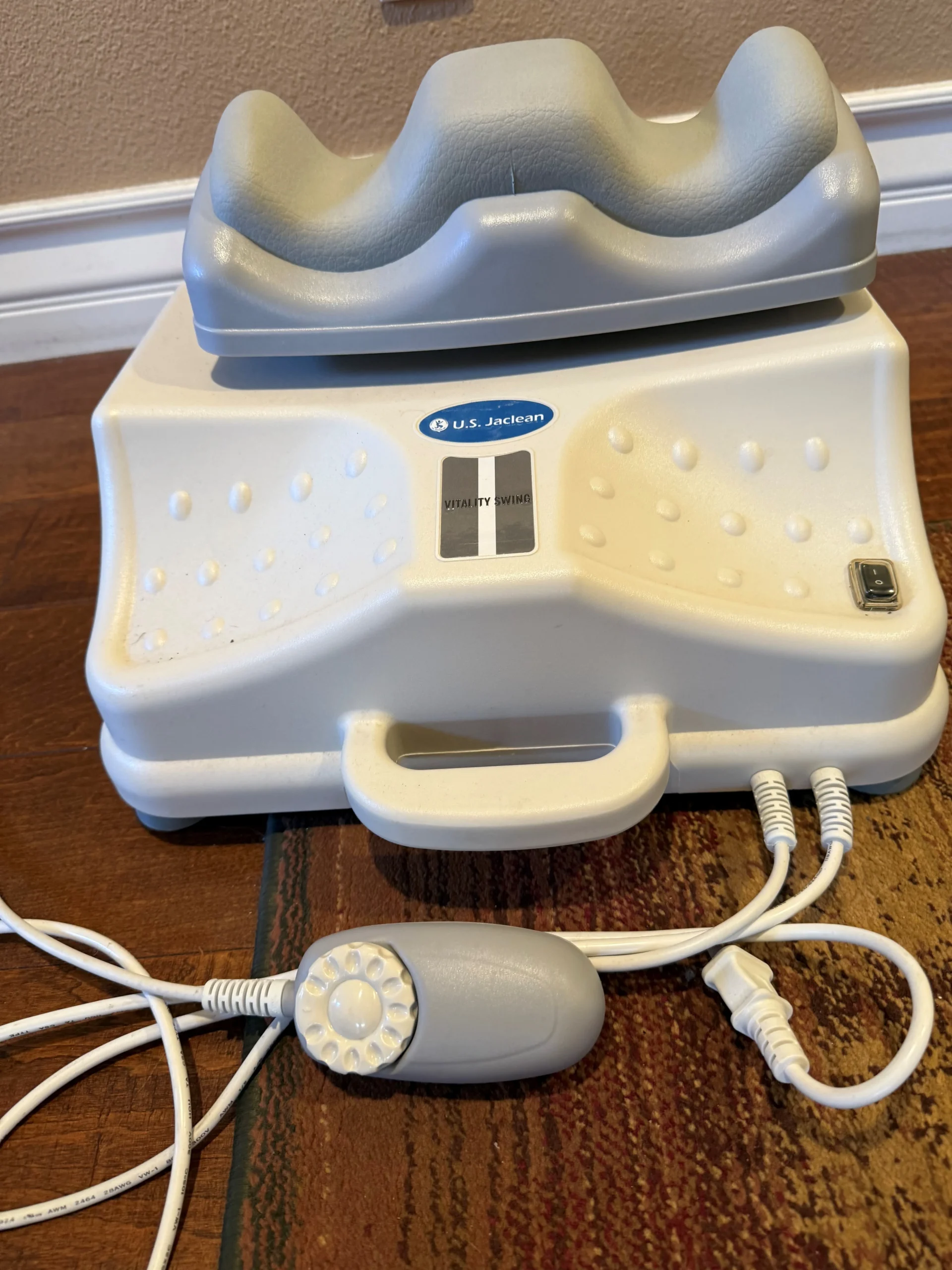
Your body is full of bacteria, viruses, and fungi.
Trillions of these tiny microbes—collectively called your microbiome—exist mainly inside your intestines, in your mouth, and on your skin.
They are with you from birth.
While some bacteria and microbes are potentially harmful, others are extremely important for supporting your health.
Diversity is Key and Prebiotics and Probiotics Can Help
- Prebiotics. These essentially act as a gut fertilizers. They are certain non-digestible carbohydrates (fiber) that nourish healthy microorganisms (probiotics). If you’re going to populate your gut with a variety of healthy microbes, you need a variety of fibers and prebiotics in your diet. CLICK HERE for a great fiber prebiotic.
- Probiotics. These are certain types of bacteria that help support your health and are safe in the proper balance. Acquiring probiotics from your diet is a matter of choosing and incorporating certain foods into your meals. You can find them in fermented dairy foods, like yogurt or kefir. Fermented soy products like tempeh, miso, and natto are also excellent sources. Even vegetables get into the act with kimchi, pickles, and sauerkraut. Another popular trend is making or drinking kombucha, which is made from fermenting a mixture of tea, yeast, and sugars.
- Combining probiotics and prebiotics. This can multiply potential benefits. Some symbiotic fermented foods do that for you. Yogurt and kefir are two examples of foods that have living bacteria and prebiotic substances to feed them.
Why take a probiotic or prebiotic supplement?
Many realities of life can disrupt the stability of your gut environment. A few include: stress, a nutrient-poor diet, dehydration, unhealthy sleep patterns, certain medications, and exposure to new microbes when traveling.
Instability in the gut microbiome can even be associated with the normal aging process. A change in nutritional status and lifestyle can negatively influence gut health, especially in older adults.
Do probiotics survive the harsh environment of the stomach?
When searching for a probiotic supplement, look for strains known to survive the acidic environment of the stomach and the body’s bile. You may find this listed on the label or in company literature.
Are more strains always better than fewer strains?
Because of the diversity of the microbiome, it is easy to assume that a probiotic containing many different strains is the best option. However, existing research suggests that most often the opposite is true.
The majority of compelling research papers revealing health benefits of probiotics involve single strain and two-strain probiotics. Why? Many factors determine whether a probiotic strain will be beneficial or not, including stability, ability to survive digestion, compatibility with your microbial environment, and formulation of the probiotic product itself.
CLICK HERE for the probiotic I use and recommend
FREE EBOOK
Gut Matters: 4 Ways to Optimize Your Digestion
to Boost Your ‘Second Brain’ and Improve Your Mood
CLICK HERE for my free ebook and learn more about this great subject.
You will be empowered with some of the most important information to have surfaced from our scientific communities in the past 10 years.






























